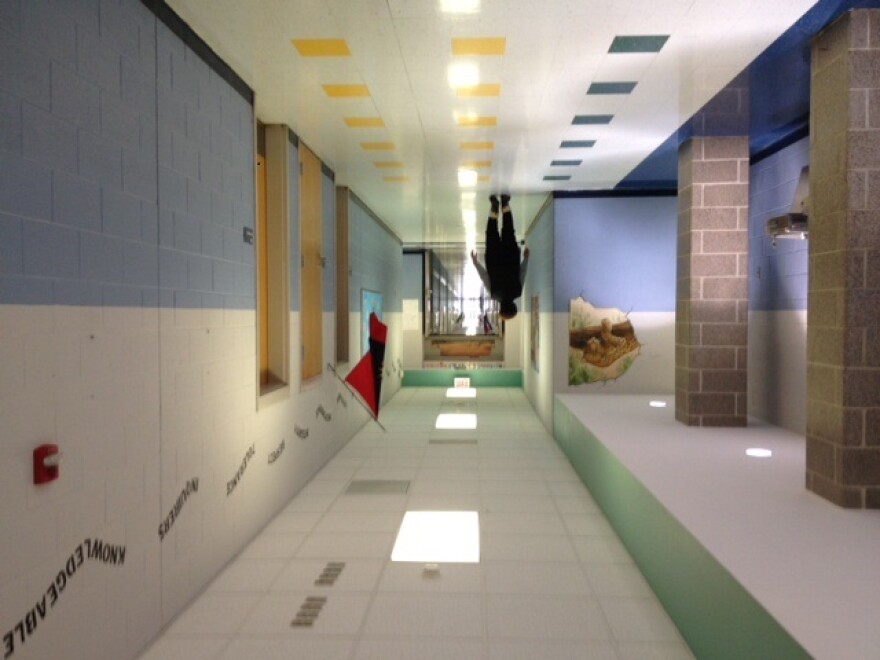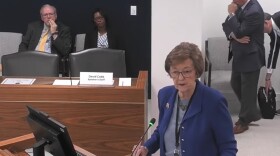North Carolina's school prinicpals have the nation's lowest average salary. The pending state budget would raise salaries and base them partially on student performance.
Erica Shoulders-Royster has risen from teacher to administrator in Franklin County schools. But she says the change in pay did not match the change in responsibilities.
"I remember serving as an assistant principal; there were teachers in the building making far more than I was," Shoulders-Royster said.
North Carolina's school prinicpals have the lowest average salary in the nation, according to the Bureau of Labor Statistics. Now, Shoulders-Royster is principal at Franklin County Early College High School. She just finished her first year there, and at about $53,000 a year, she still feels underpaid. Shoulders-Royster has five kids, including one who she and her husband are sending to college next year. She says it’s hard to make ends meet and provide her kids with things like sports, music lessons, and summer camps.
"Especially if I’m going to be a mom that’s in this work, and I’m spending a lot of time away from home, it would be helpful to compensate and make sure that I provide them with those opportunities," she said.
A big boost in Shoulders-Royster’s pay is likely coming. She estimates the new salary schedule outlined in the state budget would raise her yearly pay by about $6,000. The plan would likely bump the state’s average principal salary from about $68,000 to $74,000. The national average is $95,000. Those increases have been a long time coming, said Katherine Joyce, a lobbyist for North Carolina's Association of School Administrators.
"As pay for our teachers have improved in recent years in North Carolina ... principals have remained kind of stagnant and have fallen behind," she explained. "They have been sort of the forgotten important factor in our public schools."
The new schedule boosts the base pay to about $62,000 a year for principals with the smallest schools, and goes up to $74,000 for those with the largest. On top of that, principals can earn thousands more each year depending on how well their students perform on state tests. Randolph County Republican Senator Jerry Tillman says he crafted the plan to reward growth on state tests.
"Not just strict test scores, but growth—from one year to the next, year over year: growth," he said.
That's different from the current system, which rewards principals for years of experience, and their level of education. Some administrators are already pushing back against the change. But Tillman said he doesn’t think experience always leads to results.
"If that’s the case then let’s see it in the test scores," he rebutted. "You can be there a long time and not move your school. If you can move your school, then you’re worth a lot of money."
Shoulders-Royster says she has mixed feelings about the proposal. She worries that achieving growth in harder in some schools than others.
"When you’re working at the lowest performing school in the state, it’s going to require more time, more energy," she said.
But the first-year principal says she is grateful for the bigger paycheck, which she'll get just because the state's base rate for principals is likely going up.
Lawmakers also hope the new pay scale will recruit more administrators to districts like Franklin County, that don't provide big local salary supplements. Shoulders-Royster says many of her colleagues have already moved south to Wake County or North to Virginia for better pay.











